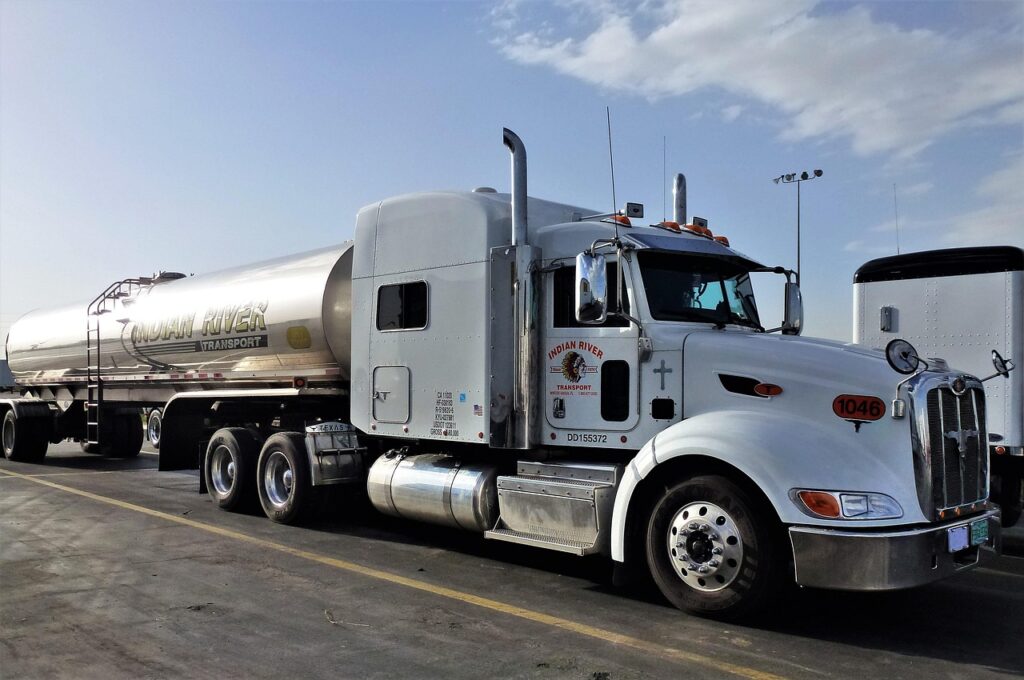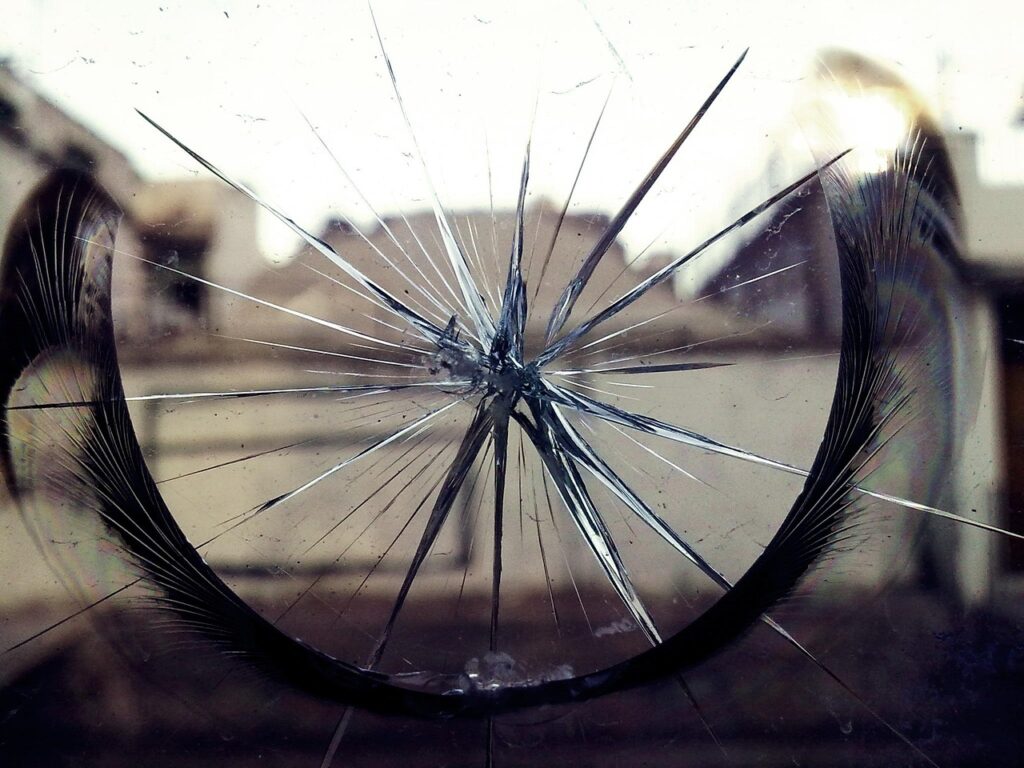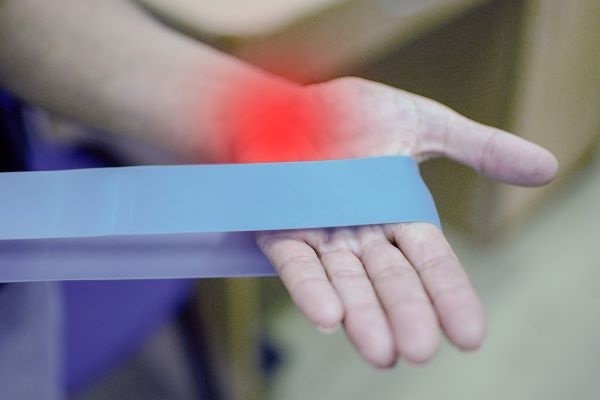Now Reading: On Personal Injury and Tort Law in Pittsburgh
-
01
On Personal Injury and Tort Law in Pittsburgh

On Personal Injury and Tort Law in Pittsburgh
In Pittsburgh, Pennsylvania, recent changes in tort laws might limit the amount you can collect from personal injury lawsuits. Many states have been considering tort reform. The main entities behind the initiative are big businesses and insurance companies.
Pennsylvania Tort Reform
Pennsylvania is one of the states that has passed tort reform. Among other effects, it limits the amount you can collect in damages for a personal injury case. According to a scientific paper, the main goals of Pennsylvania’s tort reform include:
- Requiring medical malpractice victims to obtain a “certificate of merit” from a medical expert
- Requiring malpractice lawsuits to be filed only in the counties where the alleged malpractice occurred
- Limiting financial settlements where defendants share blame for the accident or injury
- Choice of insured drivers to opt for limited tort or full tort coverage
- Limited tort option that reduces your ability to claim financial compensation after an accident
Loss of Pain and Suffering Damages
Under the limited tort insurance option, injured victims cannot claim compensation for pain and suffering. Some experts consider pain and suffering to be the primary reason why many victim awards run so high.
The limited tort option does not cover pain and suffering or other non monetary damages. Drivers may get a break on the price of insurance coverage, but families are wagering that they will not be severely injured.
According to the law, full tort coverage is open to any driver at a higher premium rate. Full coverage gives you the right to file unrestricted lawsuits for all injuries sustained in an accident.
You can seek financial compensation for pain and suffering and other non monetary damages when injured by other drivers. Berger and Green lawyers can help you with more information relevant to your case.
Pennsylvania’s “Strict Liability” Legal Approach
Pennsylvania ranks at the forefront of states that take a “strict liability” approach to personal injury lawsuits. According to an article, Pennsylvania’s tort reform generally supports the following principles:
- Makes it more difficult to file a lawsuit
- Tries to limit jury trials where big awards are common
- Limits the number of personal injury awards
- Requires specific steps that lower or deny potential malpractice claims
Making it more difficult to obtain a jury trial in a favorable venue was meant to make malpractice insurance more affordable. That should reduce increases in the cost of medical services. However, that benefit has never been realized. Medical expenses and high insurance premiums continue to advance even in states practicing limited liability.
The Pennsylvania Supreme Court Rejects Strict Product Liability
In November of 2014, The Pennsylvania Supreme Court addressed the issue of strict liability for products. Although the decision was complicated, the court ruled how plaintiffs in defective product injury cases should proceed.
Plaintiffs need only to prove a dangerous product has unknowable and unacceptable risks. The court rejected the argument that plaintiffs were required to share the burden of any mandate to reduce operating risks.
Simple Dog Bite Laws Involve Strict Liability Limits
Even simple dog bite laws reflect on your ability to receive compensation. In Pennsylvania, dog bits fall into two categories: severely injured and not severely injured. Severely injured is defined as broken bones or disfiguring lacerations.
You can sue for all injuries, lost wages, and pain and suffering if severely injured. You can only sue for strict medical or property damages if you are not severely injured. Defendants can claim that the victim provoked the dog in an effort to avoid any liability.
Getting Help with Your Personal Injury Case in Pittsburgh
It is important to get legal help if you have been injured in Pittsburgh. Personal injury lawyers can help you get the best financial compensation possible under the state’s strict interpretation of liability.
Experienced lawyers can explain how your compensation may or may not be limited by strict liability. They can make this seemingly complex and bureaucracy-heavy process easier to process. When you are going through a lawsuit, accept all the help you can get.










